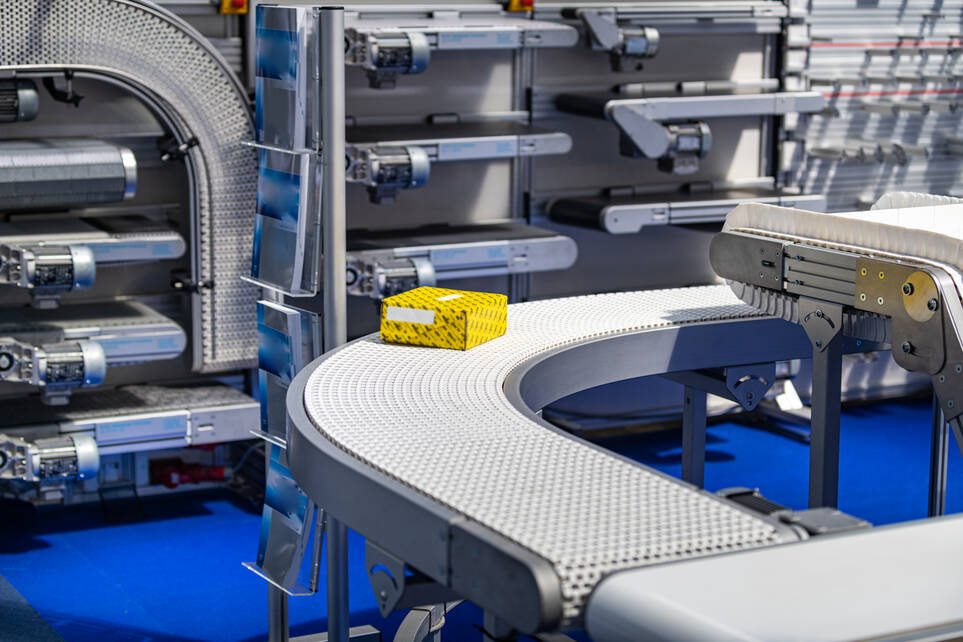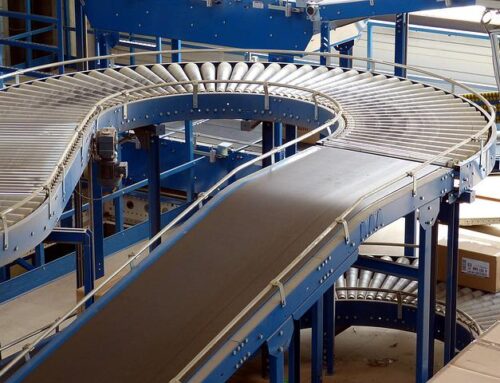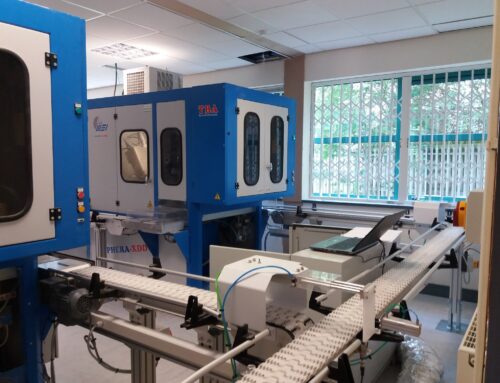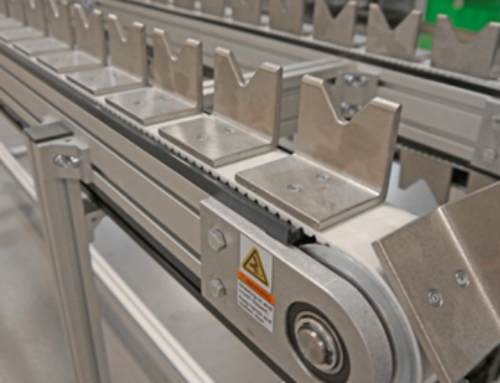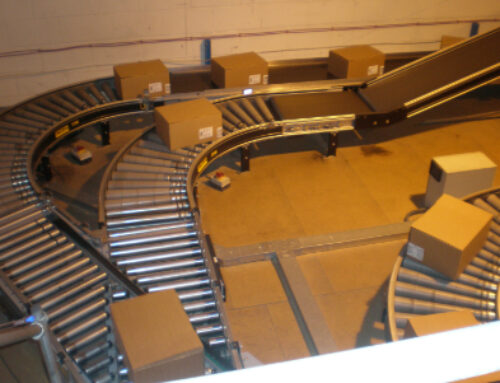In the realm of modern manufacturing, sustainability has become a basic principle driving innovation and operational efficiency. As industries strive to minimise waste, reduce energy consumption, and mitigate environmental impact, the adoption of sustainable practices has become imperative. Among the myriad technologies contributing to this endeavour, conveyors stand out as unsung heroes, playing a pivotal role in the journey towards sustainable manufacturing. By optimising material flow, reducing manual handling, and enabling efficient recycling processes, conveyors not only enhance productivity but also contribute to resource conservation and environmental stewardship, making them indispensable tools in the pursuit of sustainable manufacturing practices.
Understanding Conveyors: The Backbone of Production
Conveyors, in their simplest form, are mechanical systems designed to transport materials from one location to another within a facility. They come in various types, including belt conveyors, roller conveyors, chain conveyors, and overhead conveyors, each tailored to specific applications and industries. From raw material handling to finished product distribution, conveyors streamline the flow of materials, optimising production processes and minimising human intervention.
Driving Sustainability Through Efficiency
One of the primary contributions of conveyors to sustainable manufacturing lies in their ability to enhance operational efficiency. By automating material handling tasks, conveyors reduce reliance on manual labour, thereby minimising labour-related costs and improving productivity. Moreover, the consistent and reliable operation of conveyors ensures a smooth flow of materials throughout the production cycle, reducing idle time and enhancing overall throughput.
Minimising Waste and Enhancing Resource Utilisation
In traditional manufacturing settings, inefficiencies in material handling often lead to significant waste generation. Conveyors address this challenge by facilitating precise material movement, thereby minimising spillage, breakage, and product damage. Additionally, conveyors enable manufacturers to implement lean practices by optimising inventory management and reducing excess material stockpiles. By streamlining material flow, conveyors contribute to waste reduction efforts and promote responsible resource utilisation.
Energy Efficiency and Environmental Impact
Conveyors play a crucial role in reducing the environmental footprint of manufacturing operations through enhanced energy efficiency. Compared to alternative methods of material transport, such as forklifts or manual handling, conveyors consume considerably less energy per unit of material moved. Furthermore, advancements in conveyor technology, such as the integration of energy-efficient motors and variable speed drives, further enhance energy savings and contribute to overall sustainability goals.
Enabling Flexibility and Adaptability
In today’s dynamic manufacturing landscape, agility and adaptability are paramount. Conveyors offer manufacturers the flexibility to reconfigure production layouts and accommodate changing process requirements with ease. Modular conveyor systems allow for quick adjustments, expansions, or relocations, enabling manufacturers to optimise space utilisation and respond promptly to market demands. By facilitating rapid reconfiguration, conveyors support agile manufacturing practices, fostering resilience and sustainability in the face of evolving challenges.
Ensuring Safety and Ergonomics
Beyond their operational benefits, conveyors also contribute to employee safety and wellbeing. By automating material handling tasks, conveyors reduce the risk of workplace injuries associated with manual lifting, pushing, or carrying heavy loads. Additionally, ergonomic design features, such as adjustable height settings and ergonomic workstations, further enhance operator comfort and safety. By prioritising worker health and safety, conveyors create a conducive environment for sustainable manufacturing practices.
Conveyors as Catalysts for Sustainable Manufacturing
In conclusion, conveyors serve as indispensable tools in the pursuit of sustainable manufacturing excellence. From enhancing operational efficiency and minimising waste to reducing energy consumption and ensuring worker safety, conveyors play a multifaceted role in driving sustainability across manufacturing processes.
As industries continue to prioritise environmental stewardship and resource efficiency, the role of conveyors will only become more pronounced, reaffirming their status as essential enablers of sustainable manufacturing practices. By embracing conveyor technology and harnessing its transformative potential, manufacturers can pave the way towards a greener, more resilient future.
Should you be interested in paving the way for your business to become much greener and resilient, then rest assured LVP Conveyor Systems has a wealth of conveyor systems on offer that are sure to allow you to do just that. To find out more, head over to the LVP Conveyor System website or get in contact with us directly by phone on + 353 (1) 8643838, by email at [email protected] or via our online contact form and we will be happy to secure your desired conveyor systems.

